To put freelance work on your resume, include it as a separate section under your work experience. List the projects or clients you worked with, the duration of each project, and the specific tasks or accomplishments achieved.
This will help showcase your skills, experience, and ability to work independently. Additionally, emphasize any relevant achievements or outcomes from your freelance work that align with the job you are applying for. By following these steps, you can effectively highlight your freelance experience and stand out to potential employers or clients.
The Importance Of Freelance Work On Resumes
When it comes to crafting a winning resume, showcasing your freelance work can significantly enhance your professional appeal. Including your freelance experience on your resume demonstrates your versatility, resourcefulness, and ability to thrive in a dynamic work environment. This section will explore the importance of freelance work on resumes and provide insights into effectively highlighting this valuable experience.
Benefits Of Showcasing Freelance Experience
Listing your freelance work on your resume offers several advantages. It allows you to demonstrate a diverse skill set, adaptability, and a proactive approach to career development. Furthermore, it showcases your ability to manage multiple projects simultaneously and work independently, highlighting your self-discipline and time management skills.
Freelance Work As Professional Expertise
When presenting freelance work on your resume, it’s essential to position it as a valuable professional expertise. Highlight how your freelance projects have contributed to your overall skill development and industry knowledge. Emphasize the specific achievements and results from your freelance work to illustrate the tangible impact you’ve made in your freelance endeavors.
Identifying Your Freelance Work
Including your freelance work on your resume is essential to stand out from the competition. Highlight your relevant projects and experiences, showcasing your skills and flexibility. By listing your freelance work, you demonstrate your expertise and commitment to potential employers and clients.
Remember to keep your resume concise, focusing on the most recent and impactful work.
Categorize By Skill And Industry
When adding freelance work to your resume, start by categorizing your projects according to the specific skills and industries they relate to. This helps employers quickly identify your expertise and relevant experience.
Detailing Project Scope And Duration
Next, detail the scope and duration of each freelance project to provide a clear understanding of the work you have undertaken. This information gives potential employers insight into the complexity and length of your freelance engagements.
Structuring Your Resume
When putting freelance work on your resume, it’s essential to structure it effectively to showcase your skills and experience. Here are some key considerations for structuring your resume:
Chronological Vs. Functional Resume Formats
When deciding how to structure your resume, consider whether to use a chronological or functional format. A chronological resume lists your work history in reverse chronological order, starting with your most recent job. On the other hand, a functional resume focuses on your skills and experience, rather than the timeline of your work history.
Integrating Freelance Work With Other Employment
Integrating freelance work with other employment on your resume requires strategic placement and clear formatting. Ensure that your freelance work is presented alongside your other professional experience, highlighting relevant skills and achievements.
Crafting Effective Descriptions
Crafting effective descriptions for freelance work on your resume is crucial in standing out from the competition. Avoid overused phrases and keep sentences brief. Highlight your accomplishments, skills, and relevant experience to showcase your flexibility and resourcefulness as a freelancer.
Including freelance work on your resume can count as valuable professional experience.
Crafting Effective Descriptions Crafting effective descriptions for your freelance work is crucial in making a lasting impression on potential employers. Highlighting your achievements and outcomes, using action-oriented language, and providing quantifiable data are essential components of crafting descriptions that stand out. Highlighting Achievements and Outcomes One way to make your freelance work stand out on your resume is by highlighting your achievements and outcomes. Instead of simply listing your job duties, focus on the results you achieved for your clients. For example, instead of saying “Managed social media accounts for various clients,” you could say “Increased engagement on client social media accounts by 25% through strategic content creation and community management.” This approach not only shows your skills but also demonstrates how your work positively impacted your clients. Using Action-Oriented Language Using action-oriented language is another way to make your freelance work descriptions more effective. Use strong verbs to convey your actions and the impact they had. For instance, instead of saying “Assisted with website development,” you could say “Developed and implemented website layout and design, resulting in a 50% increase in website traffic.” This approach not only shows that you were actively involved in the project but also highlights the outcomes of your work. Providing Quantifiable Data Providing quantifiable data is yet another way to make your freelance work descriptions more effective. Use numbers and percentages to demonstrate the impact of your work. For example, instead of saying “Wrote blog posts for clients,” you could say “Wrote SEO-optimized blog posts that increased organic traffic by 40%.” This approach not only quantifies the impact of your work but also shows your expertise in specific areas. In conclusion, crafting effective descriptions for your freelance work is critical in making a lasting impression on potential employers. By highlighting your achievements and outcomes, using action-oriented language, and providing quantifiable data, you can demonstrate your skills and value as a freelancer.Quantifying Freelance Success
Including freelance work on your resume can help you stand out from the competition. List your freelance experience and past projects to showcase your skills and flexibility. Highlight your accomplishments and keep the description concise and engaging to make a strong impression.
Quantifying Freelance Success Incorporating metrics and statistics into your freelance work section can be a powerful way to showcase your success and prove your value to potential employers. Numbers provide tangible evidence of your achievements and can help you stand out from other candidates. Here are some tips for incorporating metrics and statistics into your freelance work section:Incorporating Metrics And Statistics
- Include specific numbers to demonstrate the impact of your work. For example, instead of saying “increased website traffic,” say “increased website traffic by 50%.”
- Use percentages, dollar amounts, and other quantifiable metrics to give a clear picture of your accomplishments.
- Highlight your most impressive achievements and make sure they are easy to find on your resume.
Presenting Client Testimonials And Endorsements
Client testimonials and endorsements can be a powerful way to showcase your freelance work and demonstrate your value to potential employers. Here are some tips for presenting client testimonials and endorsements:- Include quotes from satisfied clients that highlight your skills and accomplishments.
- Make sure the testimonials are relevant to the job you are applying for.
- Include the client’s name and company (if applicable) to add credibility to the testimonial.
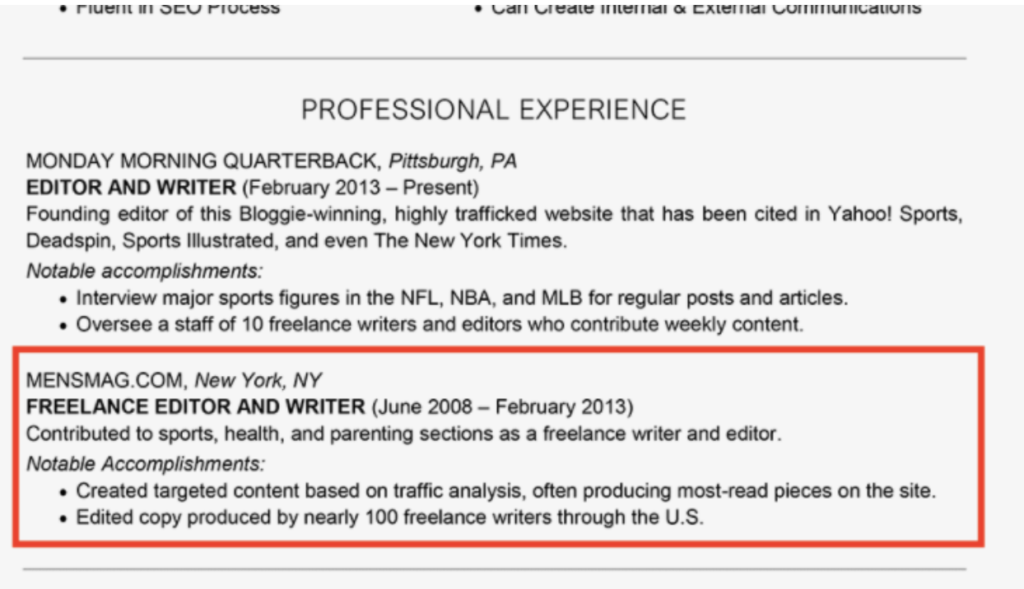
Credit: freeup.net
Showcasing Key Projects
Highlighting Key Projects: Learn how to effectively showcase your freelance work on your resume. Including your freelance experience and notable projects can make your resume stand out to potential employers and clients. Present your qualifications, experience, and skills in a concise and engaging manner to demonstrate your expertise in the field.
Selecting Relevant Assignments When it comes to showcasing your key projects on your resume, it’s important to be selective. You don’t want to overwhelm potential employers with too much information, so choose the most relevant and impressive projects to highlight. Consider the skills and experience that the job requires, and choose projects that demonstrate your proficiency in those areas. Additionally, consider the industry you’re applying to and choose projects that align with that industry. Creating a Portfolio Link or Appendix Creating a portfolio link or appendix is an excellent way to showcase your freelance work in more detail. A portfolio allows potential employers to see your work firsthand and get a better understanding of your skills and experience. Your portfolio should include a brief summary of each project, along with any relevant details such as the client, the duration of the project, and your role. Be sure to include a variety of projects that demonstrate your range of skills and experience. When creating your portfolio, consider using a platform like Behance, Dribbble, or Squarespace to showcase your work. These platforms are easy to use and provide a professional look and feel to your portfolio. Alternatively, you can create a PDF portfolio and include it as an appendix to your resume. In conclusion, showcasing your key projects on your resume is an important part of landing your next freelance gig. Selecting relevant assignments and creating a portfolio link or appendix are two effective ways to showcase your skills and experience to potential employers. Remember to be selective in your project choices and use a professional platform to showcase your portfolio.Addressing Freelance Gaps And Transitions
Effectively showcasing freelance work on a resume can set you apart from other candidates. Highlight your freelance experience by creating a dedicated section on your resume, emphasizing key projects and skills. Quantify achievements and demonstrate the value you brought to each project to impress potential employers.
Explaining Periods Between Contracts
Freelancers often have gaps in their work history, especially if they’re just starting out. It’s important to explain these gaps in a way that highlights your skills and experience. If you took time off to travel, for example, you could mention how it broadened your perspective and helped you develop valuable communication and problem-solving skills. If you had trouble finding work during a particular period, you could talk about how you used that time to improve your skills or pursue personal projects. It’s important to show that you were still actively engaged in your field during these gaps, even if you weren’t working on paid projects.Articulating Reasons For Freelancing
Another key aspect of putting freelance work on your resume is explaining why you chose to work as a freelancer in the first place. This can help potential employers understand your motivations and evaluate whether you’d be a good fit for their team. Some common reasons for freelancing include a desire for flexibility, a need for higher pay or better work-life balance, or a desire to work on a variety of projects. Whatever your reasons, it’s important to frame them in a way that emphasizes the benefits of freelancing for your career and personal growth. One way to do this is to talk about how freelancing has helped you develop a range of skills and work with a diverse set of clients. You could also mention how you’ve built a strong network of contacts and gained valuable experience working independently. Ultimately, the key to putting freelance work on your resume is to showcase your skills and experience in a way that demonstrates your value as a candidate. By explaining any gaps in your work history and articulating your reasons for freelancing, you can show potential employers that you’re a skilled and motivated professional who is ready to take on new challenges.Skills And Proficiencies
In the Skills and Proficiencies section of your freelance work resume, it’s crucial to highlight both your technical and soft skills, along with any relevant certifications and continuous learning initiatives.
Listing Technical And Soft Skills
When listing technical skills, make sure to include specific software, programming languages, tools, and technologies relevant to your freelance work. Additionally, emphasize soft skills such as communication, time management, and problem-solving abilities, as these are equally important to potential employers.
Certifications And Continuous Learning
Under this section, showcase any relevant certifications, courses, or workshops you have completed. Highlighting your commitment to continuous learning demonstrates your willingness to stay updated with industry trends and enhances your professional credibility.
Tailoring Your Resume For The Job
When applying for a job, it’s crucial to tailor your resume to the specific position. This means customizing your resume to highlight the skills and experiences that are most relevant to the job you’re applying for.
Researching Industry Keywords
Researching industry-specific keywords is essential for optimizing your resume. Identify the key terms and phrases that are commonly used in the industry you’re targeting. Incorporating these keywords into your resume can help it get noticed by applicant tracking systems (ATS) and hiring managers.
Matching Freelance Experience To Job Requirements
When listing your freelance work on your resume, it’s important to align your experience with the job requirements. Highlight the freelance projects and skills that directly relate to the job you’re applying for. This can demonstrate to potential employers that you possess the relevant expertise and capabilities.
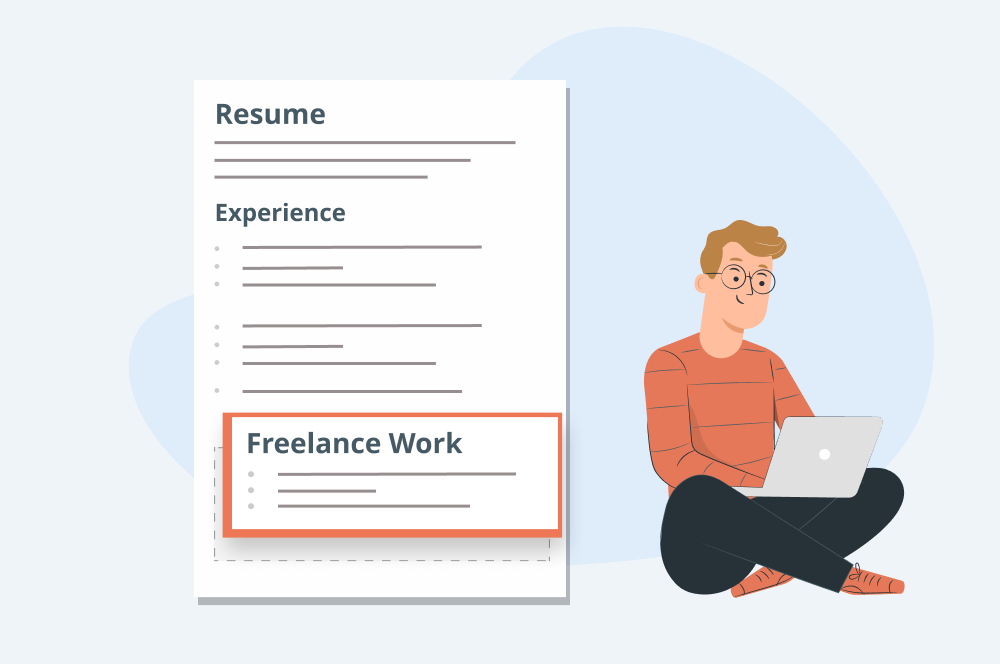
Credit: resumegenius.com
Cover Letters And Freelance Work
When it comes to cover letters, incorporating your freelance work can significantly enhance your application. It allows you to showcase your diverse skills and experiences, making you a more attractive candidate to potential employers.
Personalizing Your Introduction
Personalizing your cover letter introduction by highlighting specific freelance projects relevant to the job can capture the attention of the hiring manager. This demonstrates your understanding of the job requirements and how your freelance experience aligns with them. Additionally, it shows your dedication and enthusiasm for the position.
Expanding On Freelance Narratives
Expanding on your freelance narratives within the cover letter provides an opportunity to showcase your accomplishments and the value you can bring to the role. Instead of simply listing your freelance work on the resume, you can use the cover letter to delve into the impact of your projects, emphasizing the skills and expertise gained through freelancing.
Navigating Online Applications With Freelance Experience
Navigating online applications with freelance experience involves showcasing your skills and accomplishments. When putting freelance work on your resume, focus on relevant projects and highlight your achievements. Emphasize your flexibility and resourcefulness to stand out to potential employers.
Keywords For Ats Systems
When it comes to navigating online applications with freelance experience, it is essential to understand how to optimize your resume for ATS systems. These Applicant Tracking Systems are used by recruiters and employers to scan resumes for specific keywords and phrases that match the job requirements. By incorporating the right keywords, you increase your chances of getting noticed and progressing further in the application process. To ensure your resume gets past the ATS system, consider the following tips:- Identify relevant keywords: Carefully review the job description and identify keywords that are commonly used in the industry or specific role. These may include skills, job titles, software, or industry-specific terminology.
- Integrate keywords strategically: Incorporate the identified keywords throughout your resume, including in the summary, work experience, skills, and certifications sections. However, ensure that the keywords are naturally integrated and do not appear forced.
- Highlight your freelance achievements: While including the keywords is important, don’t forget to emphasize your freelance achievements and the impact you made. Use bullet points to showcase specific projects, outcomes, and client testimonials.
Digital Resume Considerations
In today’s digital age, it is crucial to consider the digital aspects of your resume when applying for freelance work. Here are a few considerations to keep in mind:- Formatting: Ensure that your resume is easily readable and visually appealing, both on a computer screen and when printed. Use a clean and professional font, consistent formatting, and appropriate headings and subheadings.
- File format: Save your resume as a PDF to preserve the formatting and ensure compatibility across different devices and operating systems.
- Hyperlinks and portfolios: If you have an online portfolio or relevant work samples, include hyperlinks in your resume to direct potential employers to your work. This allows them to easily access and evaluate your freelance projects.
- LinkedIn profile: Consider including a link to your LinkedIn profile in your resume. This provides additional information about your professional background, skills, and endorsements.
- Keywords in digital resumes: Just like ATS systems, digital resumes can benefit from incorporating relevant keywords. Use industry-specific terms and skills throughout your resume to increase visibility in online searches.
Common Faqs Addressed
Wondering how to put freelance work on your resume? Showcase your freelance experience by listing significant projects and highlighting your accomplishments. Include a brief summary of your freelance qualifications, relevant skills, and education. Emphasize your flexibility and resourcefulness by adding self-employment experiences.
Dealing With Short-term Freelance Projects
When it comes to short-term freelance projects, it can be challenging to decide how to include them on your resume. While these projects may not have the same level of depth or duration as long-term positions, they can still showcase valuable skills and experiences that are relevant to potential employers.
One effective way to address short-term freelance projects on your resume is to create a separate section specifically for freelance work. This allows you to highlight the projects you’ve worked on and the skills you’ve gained, without overshadowing your other professional experiences.
Here’s how you can structure this section:
- Start by listing the name of the project or client, along with the dates you worked on the project.
- Provide a brief description of the project and your role in it. Focus on the specific tasks you completed and any achievements or results you obtained.
- Include relevant keywords and industry-specific terms to showcase your expertise and make it easier for recruiters to find you.
- If possible, quantify your accomplishments by including specific numbers or percentages. This helps to demonstrate the impact of your work.
By organizing your short-term freelance projects in this way, you can effectively highlight your skills and experiences, making it easier for potential employers to see the value you can bring to their organization.
Positioning Freelance Work If Returning To Full-time
If you’re returning to full-time employment after a period of freelance work, it’s essential to position your freelance experience in a way that demonstrates its relevance to your desired role. While freelance work may differ from traditional employment, it can still provide valuable insights and skills that are transferable to a full-time position.
Here’s how you can position your freelance work effectively on your resume:
- Start by clearly stating your freelance work experience, including the dates and clients you worked with.
- Highlight the specific skills and accomplishments you gained during your freelance work that are relevant to the role you’re applying for.
- Emphasize your ability to work independently, manage multiple projects simultaneously, and meet deadlines without close supervision.
- Showcase any successful projects or clients you worked with, as well as any positive feedback or testimonials you received.
- Consider including a separate section for your freelance work, similar to the one described earlier. This allows you to provide more details and demonstrate the breadth of your experience.
By positioning your freelance work effectively on your resume, you can show potential employers that your time as a freelancer has equipped you with valuable skills and experiences that make you a strong candidate for their full-time position.

Credit: www.tealhq.com
Frequently Asked Questions
Should You Put Freelance Work On Your Resume?
Yes, you should definitely include your freelance work on your resume. Recruiters, employers, and clients use resumes to decide which applicants they want to interview. Listing your freelance experience and past projects on your resume can help you stand out from the competition and can count towards your professional experience.
Be sure to clarify the time commitment, focus on recent work, and put your jobs in reverse-chronological order.
Is Freelancing Considered As Work Experience?
Yes, freelancing is considered as work experience and can be added to your resume. It is a way to showcase your skills, accomplishments, and flexibility as a professional. Listing your freelance experience and past projects on your resume can help you stand out from the competition and attract potential clients or employers.
Can I Put Self-employed On My Resume?
Yes, you can put self-employed on your resume. It is important to showcase your flexibility and resourcefulness by including career-focused experiences such as freelance work, contract work, or even starting a small business. Your freelance work can count towards your professional experience and be added to your resume.
Make sure to clarify the time commitment, focus on recent work, and put your jobs in reverse-chronological order.
How To List A Freelance Writer On A Resume?
To list a freelance writer on a resume, start with a brief summary of your qualifications. Follow it up with a compelling list of your freelance experience and relevant education and certifications. List your key skills and proficiencies, and omit needless words.
Only include projects that involved a minimum of three months of work and focus on recent work. Clarify the time commitment and put your jobs in reverse-chronological order. Including your freelance work on your resume can help you stand out from the competition and showcase your flexibility and resourcefulness.
Conclusion
Incorporating freelance work into your resume can greatly enhance your chances of standing out among other applicants. By listing your freelance experience and past projects, you can showcase your skills and flexibility to potential employers. Including self-employment on your resume is also encouraged, as it demonstrates your resourcefulness and adaptability.
Remember to clarify the time commitment, focus on recent work, and present your jobs in reverse-chronological order. By following these guidelines, you can effectively highlight your freelance career and increase your chances of landing your desired job.


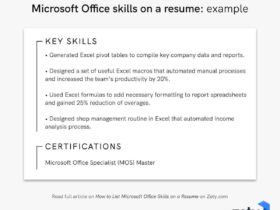

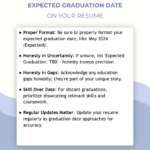

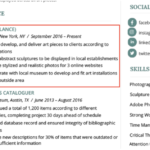
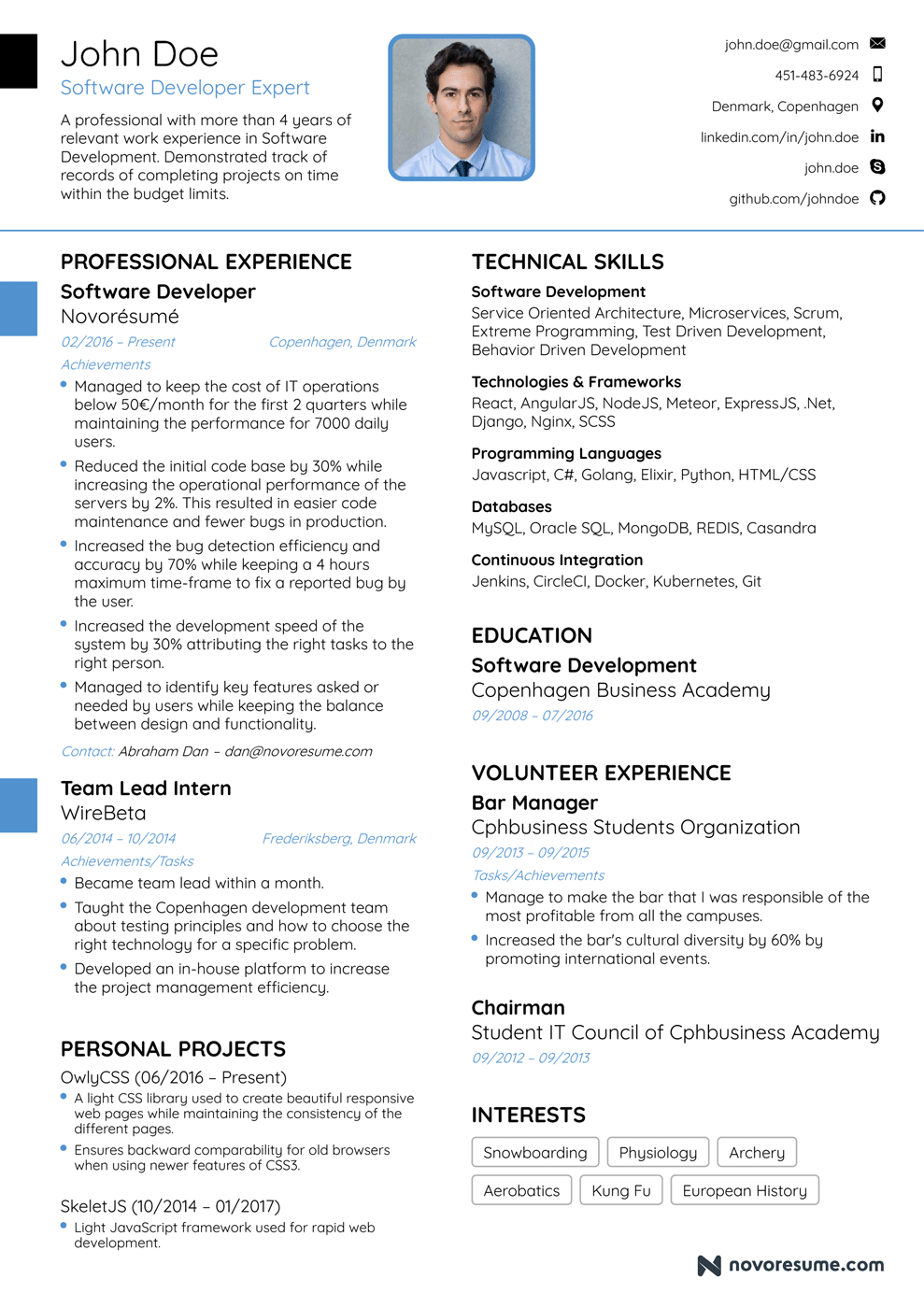
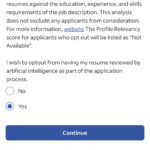
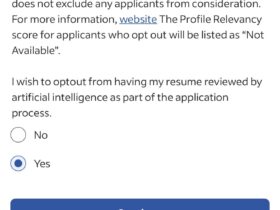
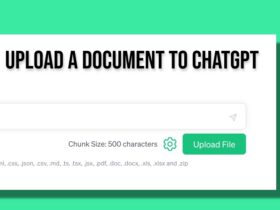
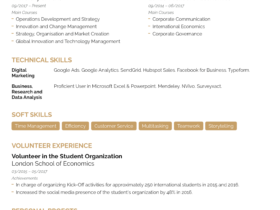
Leave a Reply